For several years there has been talk of the arrival of chips directly from Apple that will power Apple computers. Time is slowly passing us by and after a really long wait, we may have finally arrived. This year's first conference called WWDC 20 is ahead of us. According to various sources and the latest news, we should expect the introduction of ARM processors directly from Apple, thanks to which the Cupertino company will not have to rely on Intel and will thus gain better control over the production of its laptops. But what do we actually expect from these chips?
It could be interest you
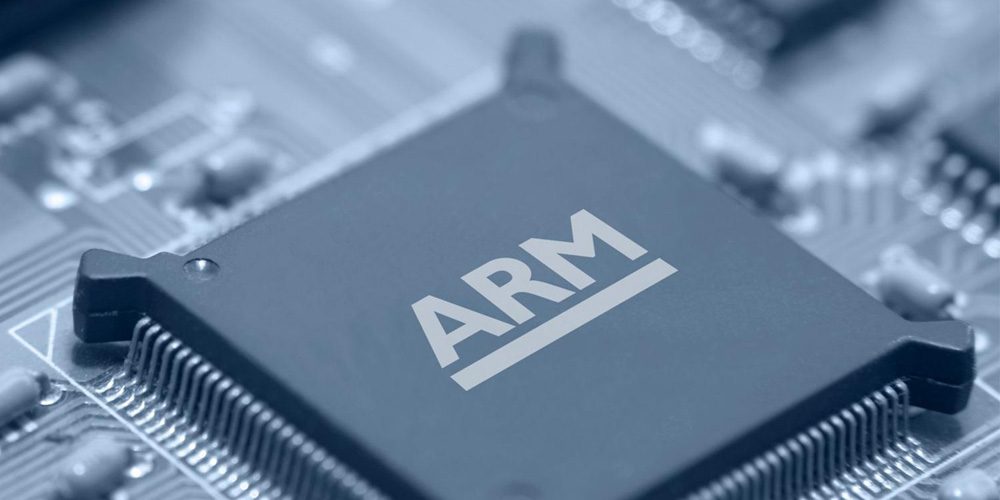
New MacBooks and their cooling problems
In recent years, we have witnessed firsthand how Intel literally lets the train run. Although its processors boast relatively decent specifications on paper, they are not that reliable in practice. Turbo Boost, for example, is a huge problem with them. Although the processors are capable of overclocking themselves to a high frequency if necessary, so that the MacBook can cope with its activity, but in reality it is a vicious circle. When Turbo Boost is active, the temperature of the processor rises drastically, which the cooling cannot cope with and performance must be limited. This is exactly what happens with newer MacBooks, which are unable to cool the Intel processor during more demanding activities.
But when we look at ARM processors, we find that their TDP is noticeably lower. So, if Apple were to switch to its own ARM processors, which it has experience with, for example, in iPhones or iPads, it would theoretically be able to eliminate overheating problems and thus provide the customer with a problem-free machine that doesn't just drop something. Now let's take a look at our apple phones. Are we experiencing overheating issues with them, or do we see a fan on them somewhere? It is quite possible that once Apple equips its Macs with an ARM processor, they will not even have to add a fan to them and will thus reduce the overall noise level of the device.
It could be interest you
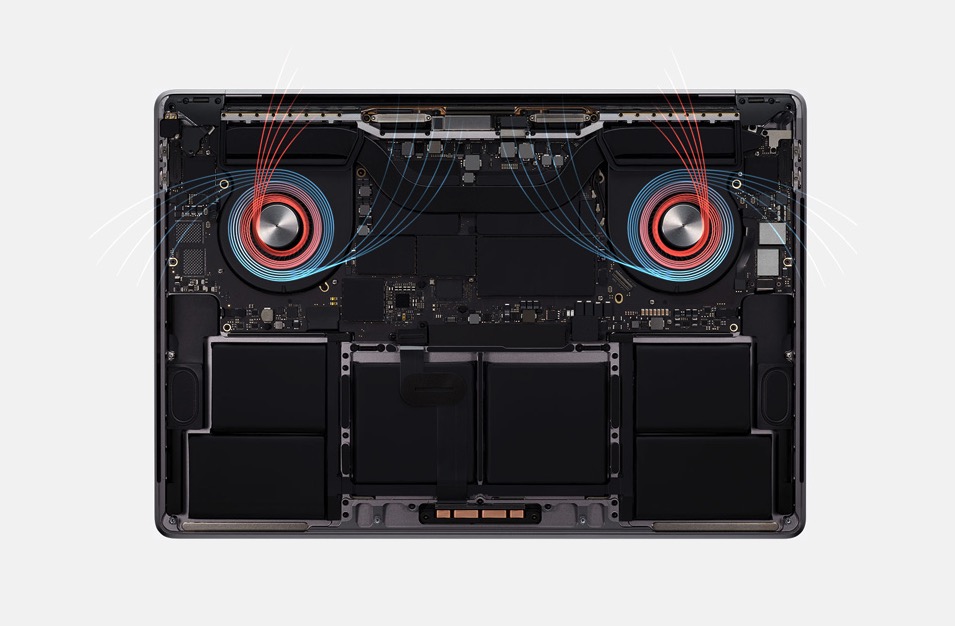
A performance shift forward
In the previous section, we mentioned that Intel has missed the train in recent years. Of course, this is also reflected in the performance itself. For example, rival company AMD is nowadays able to deliver far more powerful processors that do not face such problems. In addition, Intel processors are said to be an almost identical chip from generation to generation, with only an increased Turbo Boost frequency. In this direction, a chip directly from the apple company's workshop could help again. As an example, we can again mention the processors that power Apple mobile products. Their performance is undoubtedly several levels ahead of the competition, which we could expect from MacBooks as well. More specifically, we can mention the iPad Pro, which is equipped with an ARM chip from Apple. Although it is "only" a tablet, we can find unrivaled performance, which also beats a number of competing computers/laptops with the Windows operating system.

Battery life
ARM processors are built on a different architecture than those produced by Intel. In short, it can be said that it is a more advanced technology that is not so demanding and is therefore more economical. So we can expect the new chips to be able to provide much longer battery life. For example, such a MacBook Air is already bragging about its durability, which is significantly higher than its competitors. But how would it be in the case of an ARM processor? It can therefore be expected that the durability would increase even more and make the product a significantly better piece of jewelry.
It could be interest you
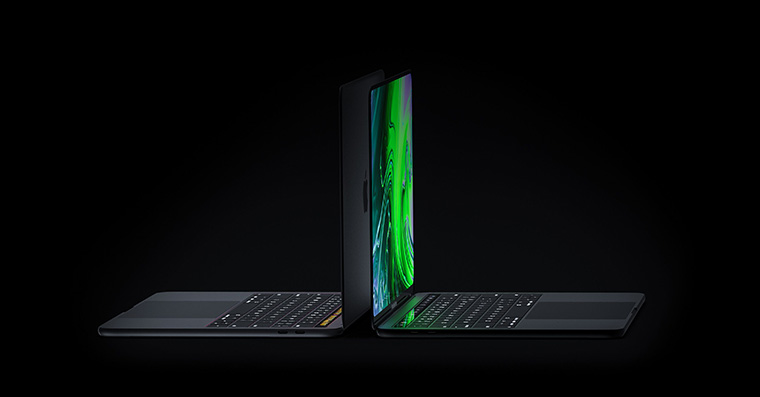
So what can we look forward to?
If you have read this far in this article, it must be more than clear to you that the transition from Intel to custom processors can be called a step forward. When we put together a lower TDP, higher performance, lower noise and better battery life, it is immediately clear to us that MacBooks will become significantly better machines. But it is extremely necessary that we not be influenced by these arguments, so that we are not subsequently disappointed. With new technologies, it often takes time to catch all the flies.
And it is precisely this problem that Apple itself could potentially encounter. The transition to its own processors is undoubtedly correct, and thanks to it the Californian giant will gain the aforementioned control over production, it will not have to rely on supplies from Intel, which in the past often did not play into the cards of the Cupertino giant, and most importantly it will save money. At the same time, we should expect that with the first generations, we don't actually have to notice a drastic shift forward and, for example, the performance will remain the same. Since it is a different architecture, it is possible that many applications will be completely unavailable at the beginning. Developers will have to adapt their programs for the new platform and possibly completely reprogram them. What is your opinion? Are you looking forward to ARM processors?
 Flying around the world with Apple
Flying around the world with Apple 

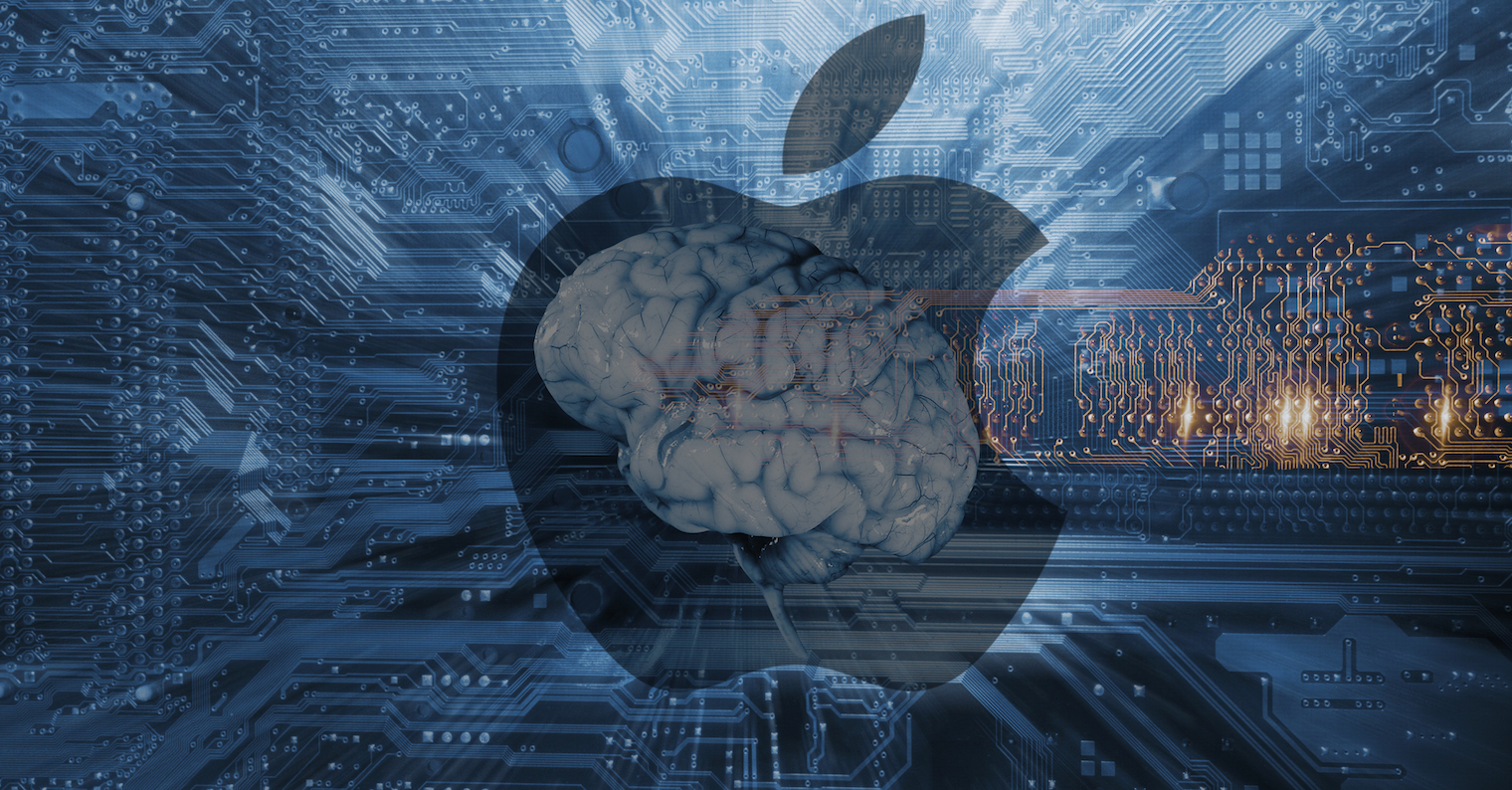

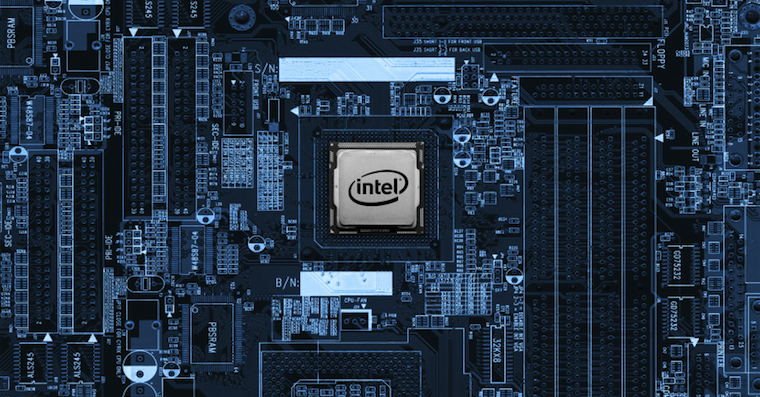

The most important thing will be how you solve it with applications. Apps from Apple will probably be fine. Plus, thanks to this, we could finally see Final Cut and Logic Pro for the iPad. But we all know the approach taken by e.g. Adobe. I don't deal with him, but a lot of people do. And I highly doubt that Photoshop for macOS, for example, would want to replace Photoshop for iPadOS, which is already available for ARM.
As it is written above, I am also curious how they will solve the problem with applications. It's hard for companies that have only a small profit for their applications, for Apple, to redo everything for the Army, they'd rather stop making the MacOS application altogether. Apple still doesn't have enough market share to make it worthwhile for companies to remake it just because Apple came up with ARM. More likely, there will be an x86 emulator, and performance-wise it's more of a misery, and the only benefit will probably be battery life.
I seriously don't understand Apple why they didn't switch to AMD and prefer to come up with something "extra". In addition, even MS has not been very successful with ARM processors, so I have a lot of skepticism. We will be surprised how it will be with applications and speed….
btw: I have the feeling that Apple is trying to kill Hackintosh, which I think it will probably not succeed, the community will definitely come up with something for ARMs as well.